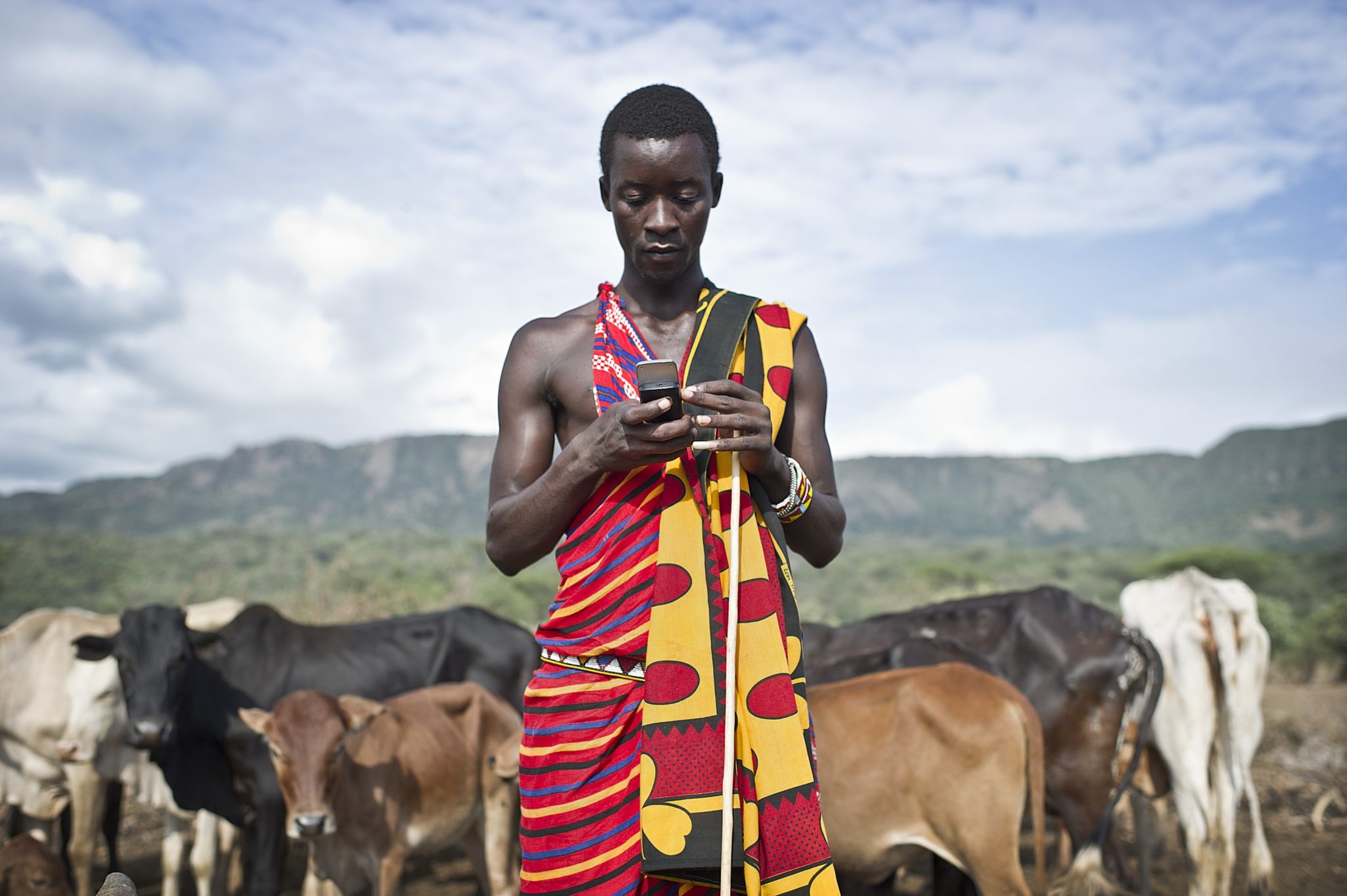
I guess in concluding this weeks’ thoughts, I’m left reflecting on a similar idea to the one I blogged a couple of weeks ago about a world turned on its head. This time it’s a different take on the same conundrum. We live in the developed economies complaining about legacy; developing economies are just excited about innovation.
But too often people like me talk about and blog about millennials and consumers as people who don’t need branches and reject the legacy structures. We forget that for billions of people on this planet, the very idea of being able to transact electronically is an inspiration. So when we talk about the eradication of branches, the redundancy of tellers and the shrinking of the physical network, we should take pause to remember that for many people these services they never had.
India, Philippines, Indonesian, African and other citizens have never had a bank that’s bothered to service them. The banks aren’t interested because it’s too expensive and doesn’t make economic sense. What is amazing today is that it does make economic sense. Someone transacting 50 cents a week can be supported through an electronic network in the same way as someone transacting $50 a minute. That is truly amazing.
In fact, I often think about FinTech and technology in the broader sense as flattening the planet. Just as with Amazon, eBay and other long tail companies the internet enables those who couldn’t be served by the physical financial network to suddenly gain access to the digital network for finance and be inspired. Anyone can be an entrepreneur on this network. Anyone on this network cannot just make a payment, but they can take a payment. Every mobile phone is point of sale. That is truly transformational.
When you look at mobile wallets in Sub-Saharan Africa or mobile checkouts like Square or lending marketplaces like Funding Circle and SoFi, what you are seeing is the growth of platforms that can serve the underbanked and the unbanked. Small businesses, students, higher risk borrowers, borrowers with no credit history, the unwanted and undesired are all now able to be serviced and included. We talk about financial inclusion and that is the real revolution. Everyone is on the network. Everyone can transact. Everyone is included.
However, in the conversation, we blithely skip over the unwanted and undesired and focus on the incumbent and existing. We talk about less branches and less advice; digital support and digital outreach; relationships based upon social interactions; and the ability to provide contextual commerce and advice. The part we miss or overlook is the innovation of the unwanted.
In many developing economies, we see new financial models emerging that have nothing to do with branches or advice. These models are emerging because there was nothing there before. No one could support these people and their financial needs before. We now have micro insurances where people can avoid famine for 50 cents a day polices. We have peer-to-peer payments that can start as low as $1 and cost nothing to send and receive. We can exchange value in new structures from airtime to Likes. This is the fascinating world of the digital transformation and those of us who talk about incumbents and branches and traditional models of finance, are potentially constrained into creating faster horses rather than rethinking the form of transportation.
The reinvention of finance is emerging in the emerging economies, not in the developed ones. Digital identities, mobile wallets, micro lending, micro insurance and peer-to-peer payments through digital currencies are all being embraced by the emerging and developing economies. Look to those economies for the innovators dilemma as that’s where you’re going to find them. Not on the streets of New York or London but on the plains of Tanzania and forests of Indonesia. Revolution will come from small steps taken by non-banks in emerging markets. That’s where we need to look for innovation first.
Chris M Skinner
Chris Skinner is best known as an independent commentator on the financial markets through his blog, TheFinanser.com, as author of the bestselling book Digital Bank, and Chair of the European networking forum the Financial Services Club. He has been voted one of the most influential people in banking by The Financial Brand (as well as one of the best blogs), a FinTech Titan (Next Bank), one of the Fintech Leaders you need to follow (City AM, Deluxe and Jax Finance), as well as one of the Top 40 most influential people in financial technology by the Wall Street Journal's Financial News. To learn more click here...

